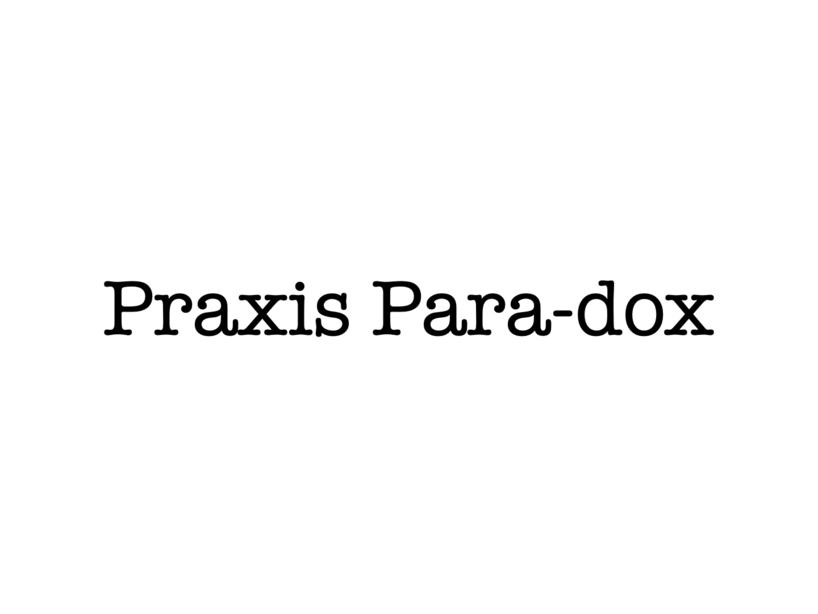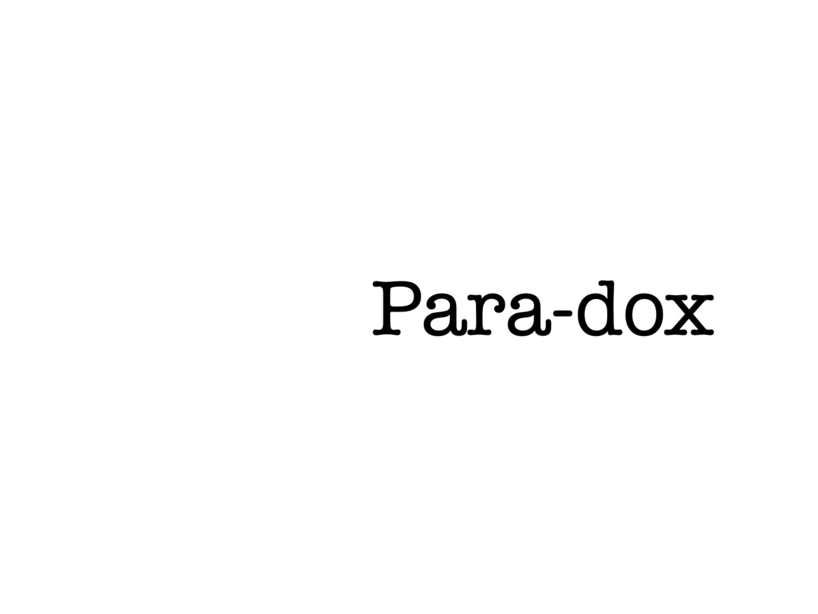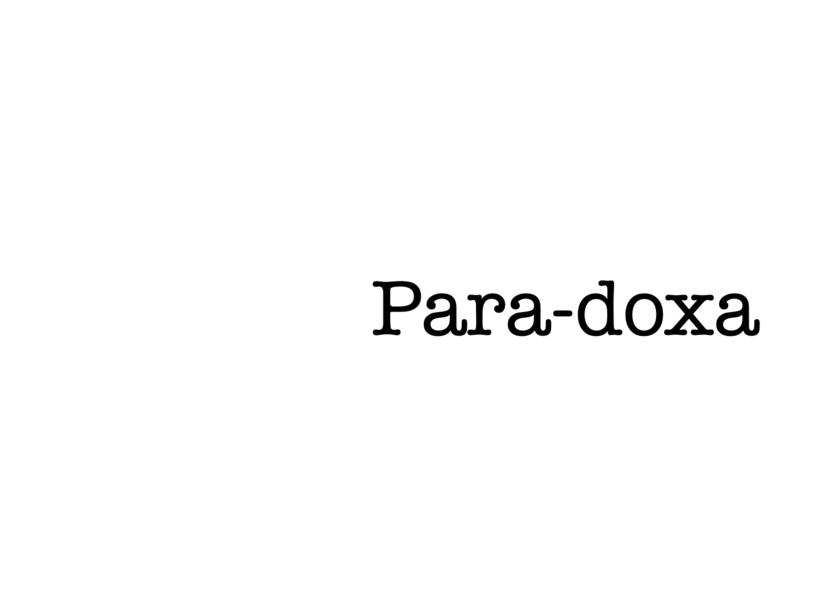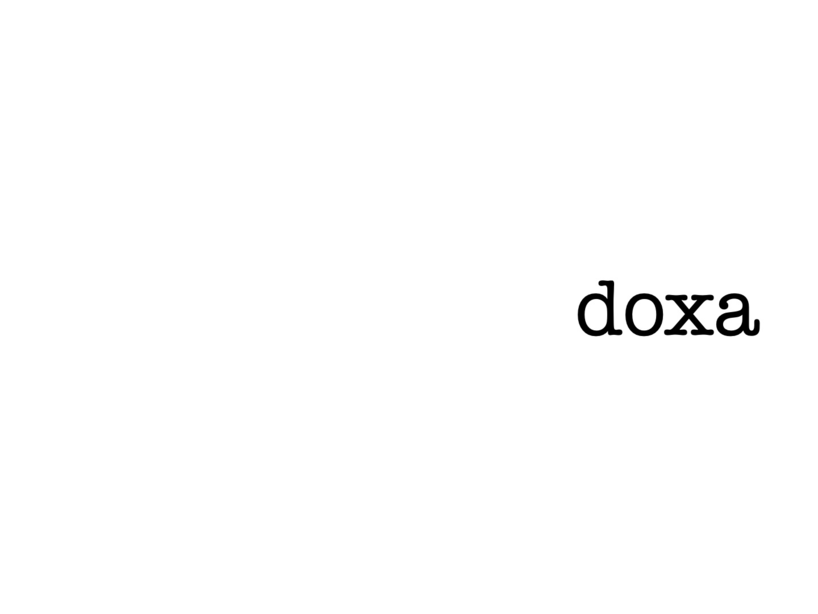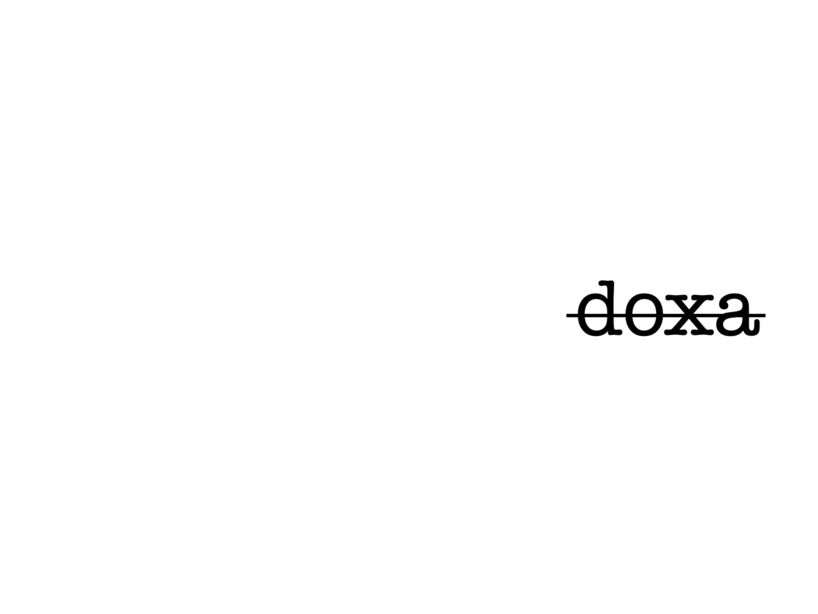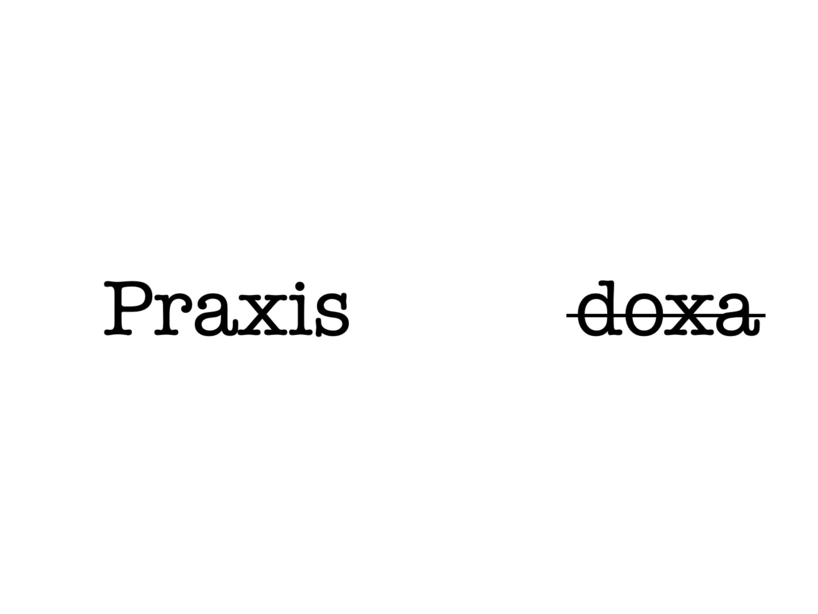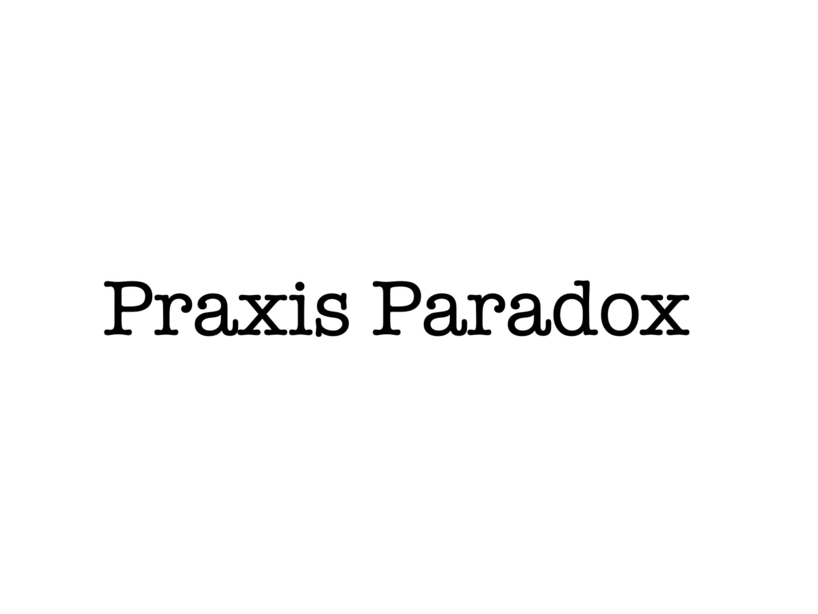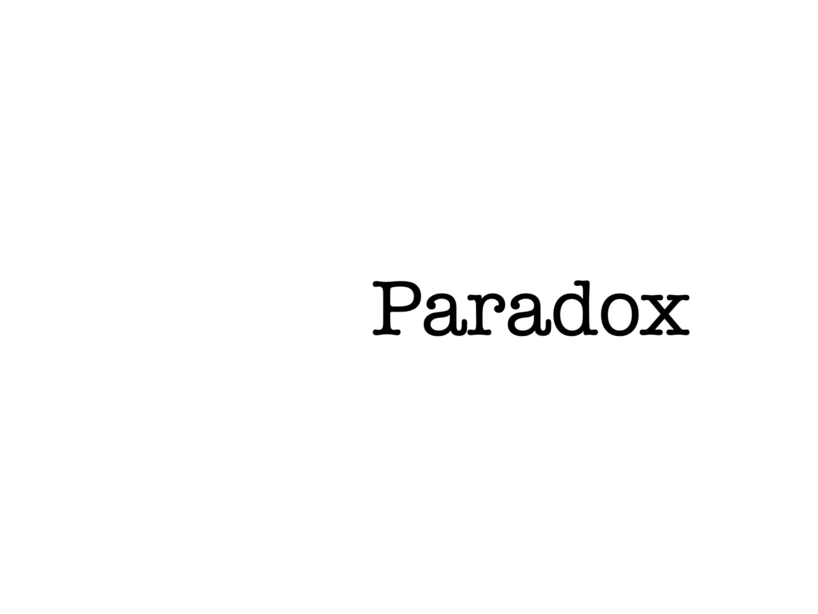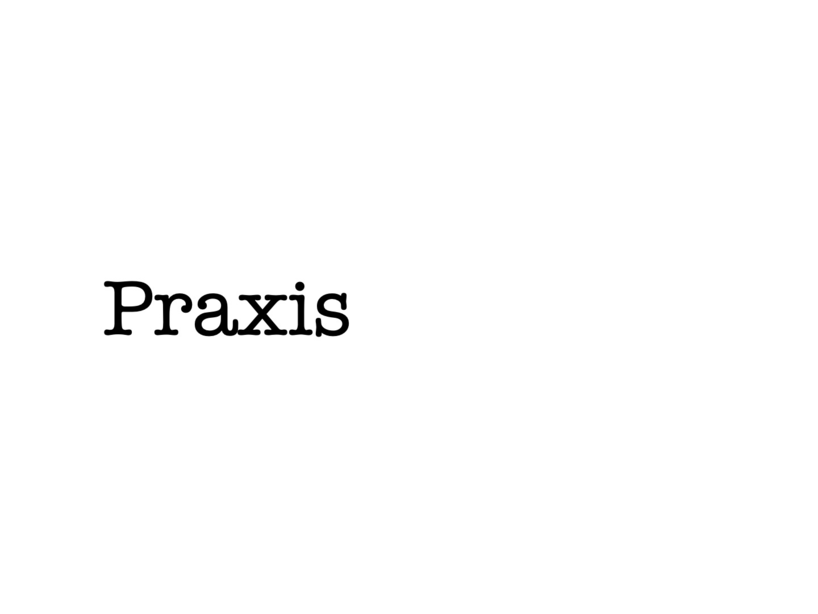Elements of the research were supported by feedback and critical discussion via the dissemination of work in progress at a number of international conferences. The research has also informed multiple doctoral curricula evidenced by invited talks, seminars and workshops at institutions and key organisations in the UK and Australia. A selection is listed below:
DOING THE DOCTORATE DIFFERENTLY – CREATIVE METHODOLOGIES/PEDAGOGIES • 2018 • UK Council for Graduate Education • Birmingham City University • Invited speaker on practice as research and doctoral pedagogy
DISCOURSES OF DISSONANCE: ENABLING SITES OF PRAXIS AND PRACTICE AMONGST ARTS AND DESIGN DOCTORAL BORDERLANDS • 2018 • Educational Futures and Fractures • University of Strathclyde
A CREATIVELY CRITICAL COLLECTIVE: ESTABLISHING AN ARTS, DESIGN AND MEDIA DOCTORAL COMMUNITY • 2018 • Creating Inclusive Postgraduate Cultures and Communities • UK Council for Graduate Education • Bristol • Co-authored with Emily Bettison and Hassan Hussain
VISUALISING STRUCTURE: MAPPING NEW SPACES FOR DOCTORAL TRAINING • 2017 • 3rd International Conference for Developments in Doctoral Training and Education • UK Council for Graduate Education • The Other Place, Royal Shakespeare Company, Stratford-upon-Avon
BEYOND THE PHD THESIS: THE PEDAGOGY OF STUFF • 2017 • Provocative Pedagogies: Performative Teaching and Learning • Lincoln Performing Arts Centre, University of Lincoln • Co-authored with Emily Bettison and Hassan Hussain
RESEARCH-PRACTICE-PEDAGOGY: ESTABLISHING NEW TOPOLOGIES OF PRACTICE-LED RESEARCH IN THE ARTS • 2016 • Art as Research in Learning and Teaching International Conference • University of Wolverhampton
DEVELOPING RESEARCHERS IN ARTS, DESIGN AND MEDIA • Researcher Development: Five years from now • 2016 • Vitae • Coventry University • Invited speaker
SLIPPERY KNOWLEDGE AND SENSUOUS PRACTICE: GETTING TO GRIPS WITH THE MATERIAL IN ARTISTIC RESEARCH • 2016 • Art History Matters: Research and writing as material practice • Association of Art Historians Annual Conference • University of Edinburgh
TRANSFORMING AND INSPIRING PRACTICE: THE POSSIBILITIES AND CHALLENGES OF INNOVATING DOCTORAL RESEARCH TRAINING IN THE ARTS AND HUMANITIES • 2016 • Art and Humanities Annual Conference • Higher Education Academy • Brighton • Co-authored with Dr Kirsten Forkert
CAKE AND CONVERSATIONS IN THE STUDIO: DIFFERENCE, COMMUNITY AND DOCTORAL PRAXIS • 2015 • UK Council for Graduate Education • Glasgow • Co-authored with Dr Sian Vaughan
CREATIVE IDENTITY AND BELONGING IN THE ACADEME: THE DOCTORAL RESEARCH EXPERIENCE IN ART & DESIGN • 2014 • Transforming and Changing Education: Borderlands of Becoming and Belonging • European Conference on Education, IAFOR • Brighton • Co-authored with Dr Sian Vaughan
DOCTORAL EXPERIENCES, PEDAGOGIES AND PRACTICES • 2014 • Victoria University, Australia • Invited talk and workshop on practice and theory in artistic research to practice-based doctoral researchers
THE SHIFTING DOCTORAL LANDSCAPE IN ART & DESIGN: RELOCATING SUPPORT NETWORKS IN LINE WITH PARA-ACADEMIC ASPIRATIONS • 2014 • The Evolving Doctorate: Meeting the Needs of Practitioners and Professionals • 4th International Conference on Professional Doctorates • UK Council for Graduate Education • Millennium Centre, Cardiff
Praxis Para-dox draws on and brings together two concurrent bodies of research. Firstly, research on artistic research (and its various associated terms) was conducted by the researcher over a ten-year period. This included interdisciplinary case studies, semi-structured interviews, research diaries, participatory workshops and an in-depth autoethnography based on the researcher's own practice-led research. Secondly, pedagogic research was undertaken over a five-year period at the researcher's institution in a Faculty of Arts, Design & Media. This included pilot projects, action research, interviews, focus groups, workshops utilising creative methods, and textual and visual analysis.
The analyses of these bodies of research were synthesised with literature across multidisciplinary fields of philosophy, artistic research, geopolitics, education and researcher development to further contextualise and theorise the work. Pedagogic interventions underpinning an Arts, Design and Media doctoral curriculum were also used to experiment and test out ideas shaping and being shaped by the emerging conceptual framework (or topology) as part of an iterative and multi-layered methodology. The book chapter contributions 'Research-Practice-Pedagogy: Establishing new topologies of doctoral research in the arts' (2018) and 'Discourses of Dissonance: Enabling sites of praxis and practice amongst Arts and Design doctoral study' (2018) were double blind peer reviewed by the editors and key scholars in the field, and went through a rigorous editing process. The dissemination of work in progress (listed in 'other stuff in-between') were also all blind peer reviewed.
The research demonstrates that ‘artistic research’ - and its various associated terms - are underpinned by a dominant teleological approach maintained by fixed definitions and binary logic. In doing so, it also evidences a number of paradoxes and tensions within this discourse. Praxis Para-dox problematises this approach for the first time; firstly, it contributes an alternative and expanded ‘delineation’ of such research defined precisely by its resistance to be defined and instead encompassing various qualities of ‘practice-as-research-ness.’ Secondly, it reconceives ‘artistic research’ as a space of dissonance whereby these tensions and paradox are generative and in fact necessary to ensure its continued vitality. Building on this, the research contributes a new a conceptual model of ‘research-practice-pedagogy’ where the fields of ‘artistic research’, ‘researcher development’ and ‘doctoral pedagogy’ are intertwined for the first time to form a radical new topology of doctoral research in the arts at the nexus of practice and praxis.
Significantly extending Rolfe’s notion of ‘para-doxa,’[1] the research offers a crucial new theoretical argument in which the claimed dissonance of both ‘artistic research’ and doctoral education in the arts are a form of ‘para-dox.’ Praxis Para-dox demonstrates that for this conceptual model of research-practice-pedagogy - or alternative doctoral topology - to exist on its own terms and with its own agency, it must embody and perform the concept of ‘para-dox’ by continually disrupting various doxa. Understood as a multidimensional and heterogeneous ‘topology,’ this model reconceptualises ‘teaching and learning’ as multiple onto-epistemological spaces of ‘unknowing,’ ‘becoming’ and ‘unthinking’ necessary to generate epistemic shifts vital to eliciting ‘doctoralness’ in the arts. Crucially, the research contributes alternative ‘performative’ and ‘provocative’ pedagogies informed and evidenced by the conceptual, theoretical and praxical elements of the research that can be applied in practice.
[1] Gary Rolfe, ‘We Are All Para-Academics Now’ in Alex Wardrop and Deborah Withers (Eds.) The Para-Academic Handbook: A Toolkit for Making-Learning-Creating-Acting, (2014) Bristol: HammerOn Press

